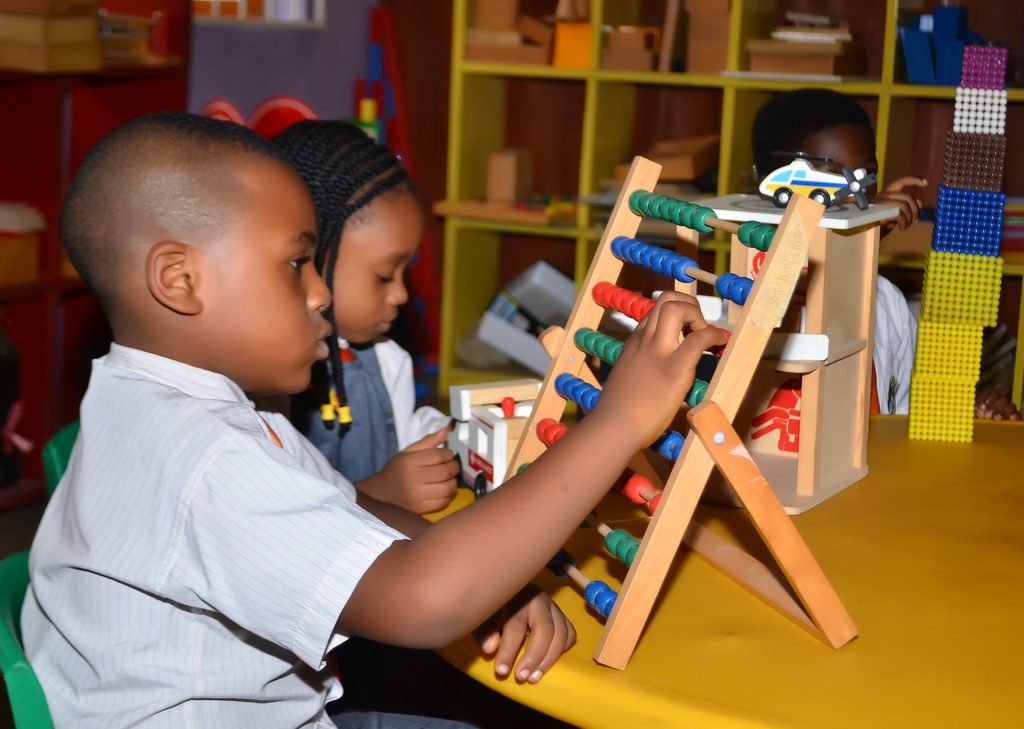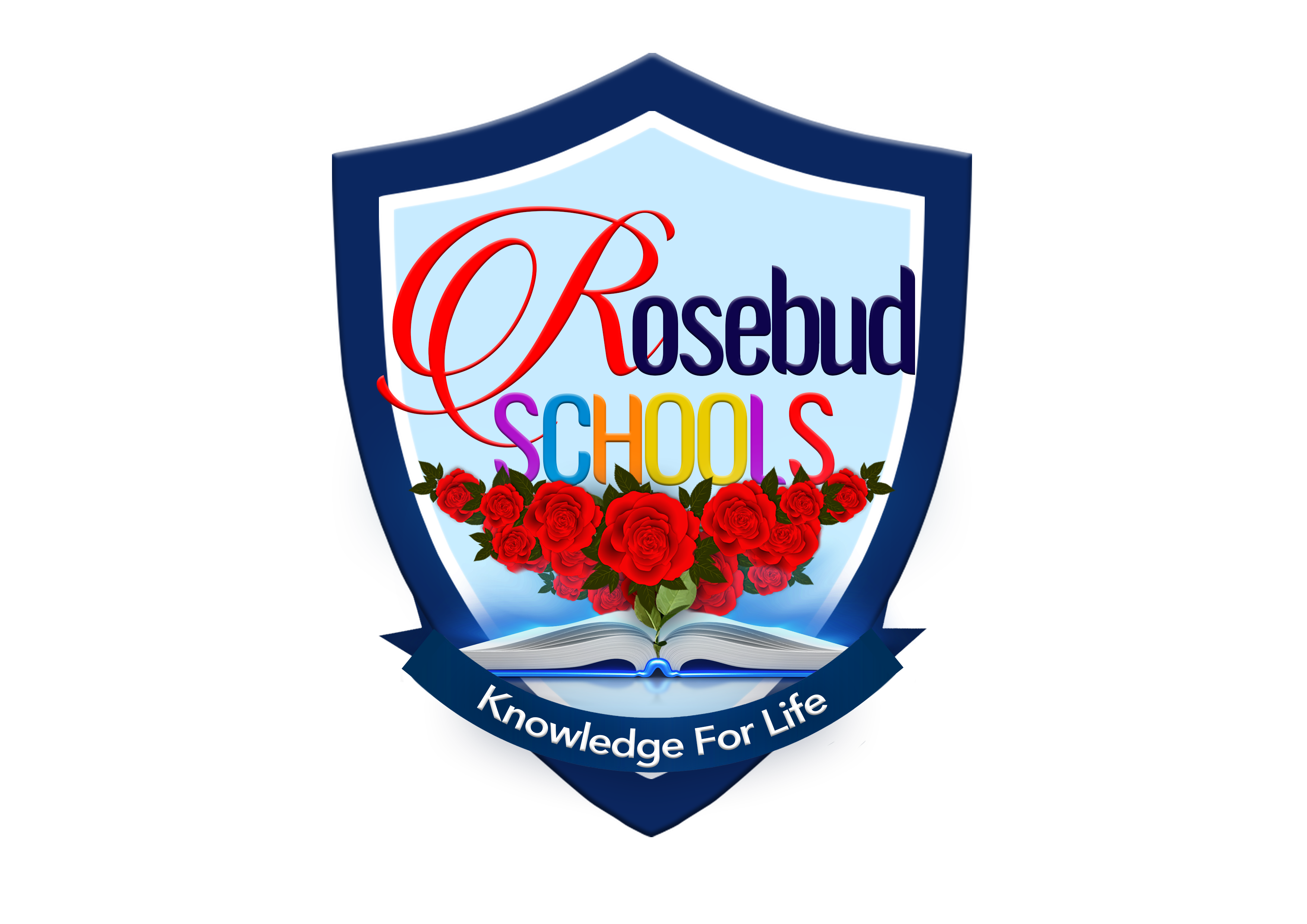
In our Pre -School, our Montessori methodology is committed to serve children of all religious and ethnic backgrounds between the ages of 18 months to 5 years. We follow the basic Montessori philosophy which incorporates the five Montessori Areas.
The Pre-School is managed by the Head Teacher assisted by Assistant Head Teacher, the Montessori Director and the School Programme Coordinators.
18months to 5years (Pre -School)
In our Pre -School, our Montessori methodology is committed to serving children of all religious and ethnic backgrounds between the ages of 18 months to 5 years. We follow the basic Montessori philosophy which incorporates;
In our classrooms we use age appropriate activities and learning tools, to create a flexible environment to meet the needs and interests of every child in our care. While we strongly feel that Pre-School years need to be full of nurturing and praise, we take pride in teaching independence and preparing our children for the years ahead of them.
The Pre-School section of Rosebud School is a specially-prepared Montessori environment, laying a solid foundation for children aged 18 months to 5years. All our pupils follow an adapted form of the Montessori Method of child education which is regarded throughout the world as unsurpassed in its ability to help younger children achieve their full potential.
Our Pre-School classes are divided into five levels:
The teaching approach is child-centred. It neither imposes on the child nor does it abandon him/her in total free play. Each class is equipped with Montessori didactic materials in the five Montessori curriculum areas.
Through regular assessments, we monitor every child’s performance. Our staffs are trained to help find out each child’s challenges and regularly give extra help where it is needed cases like show writing, attention problem, behaviour challenges, bad hand writing etc. We monitor students’ progression closely and provide feedback to identify areas the child needs to improve.
Throughout the primary years, the aim is to achieve effectiveness in the core skills of reading, oral and written communication and dexterity with numbers. These are of prime importance and without which further progress can be inhibited. Through topics, themes and projects the pupils are also introduced to the world around them and trained in the understanding of life in its many and varied aspects. Using internationally accepted best practice, children are taught to inquire, to use and apply skills learned.
